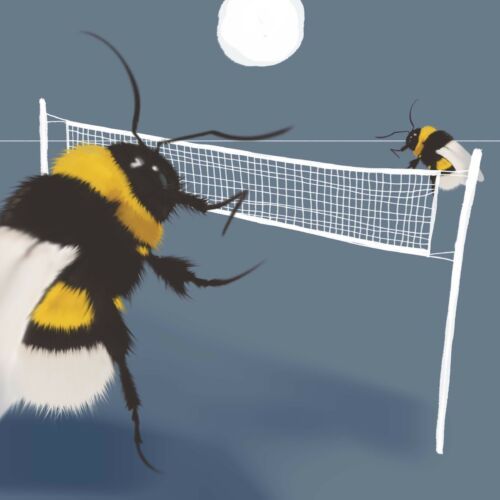Aggressors, peacemakers and friends in the animal world
Scientists at the University of Sydney, among other institutions, studying octopuses of the Octopus tetricus species have noticed that the animals throw clouds of silt, algae and shells towards each other. In Jervis Bay, Australia, octopuses used their arms to collect material and eject it, presumably deliberately towards other individuals, using water released from a siphon. In 66% of cases, this was done by female octopuses. On the other hand, pigs are intelligent and empathetic enough to recognise the conflict between their fellow pigs and intervene. The animals reduce the level of aggression and anxiety in the herd this way. Experts from the University of Turin have observed that pigs approach one of the quarrelling parties, initiate physical contact, touch each other reassuringly with their snouts and rub their ears or sit down opposite one of the opponents.
According to researchers from, among other institutions, the University of Oxford, monkeys that engage in friendly social relationships with peers have more immune-boosting intestinal bacteria. Scientists tracking 38 macaques on the island of Cayo Santiago near Puerto Rico discovered, among other findings, an abundance of Faecalibacterium in the more sociable representatives of the species. Faecalibacterium is also one of the most abundant bacteria in the large intestine of healthy adult humans. Meanwhile, young bumblebees are the first insects in which Queen Mary University of London experts have observed engaging in play, just as young mammals do. In a scientific experiment, the insects played with wooden balls, rolling them and doing flips with them.























